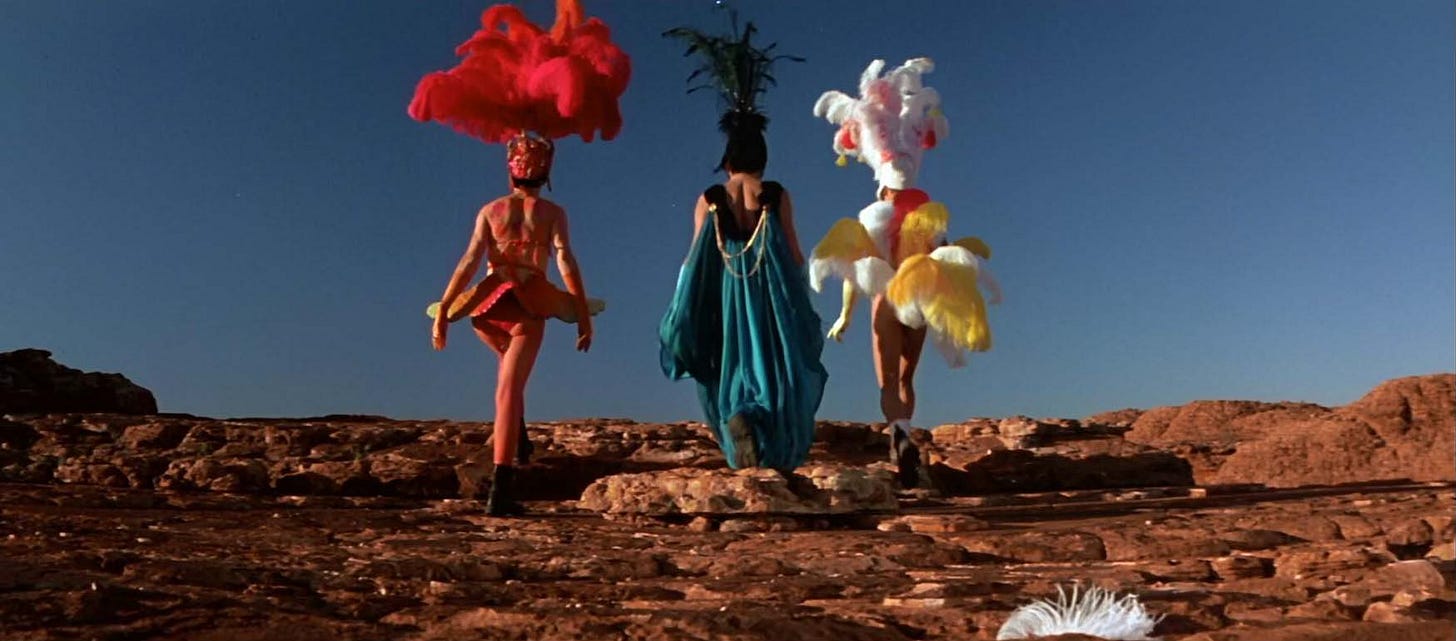Welcome back to Marginalia, where I share what I’m reading and writing, pull back the curtain on publishing, and sprinkle in life tidbits.
Before we dive in, I’m going to plug my upcoming online workshop Demystifying the Publishing Industry. This 3-hour Zoom class is perfect for folks interested in publishing a book or who are just starting to get their feet wet in the world of literary journals—all with the goal of helping writers at various stages navigate this notoriously opaque industry.
Exciting news—I’m contract official!

Yes, friends, the timeline of receiving an official book contract falls after the book deal and, for me, came after my initial editorial meeting. In traditional and Big 5 publishing, this is a typical timeline. My contract came about two months after my book deal, but other authors I’ve spoken with have said that sometimes their contracts have taken as long as five months to arrive. (!!)
I’m sure there’s very good reasons for this delay—and having received the 30-page document of legalese and endless “hereunto”s, I assume that part of it has to do with lawyers being lawyers, since both my publisher’s counsel and my agency’s legal team had to review the contract.
However, I couldn’t help but think how this relatively common practice of delivering a contract-after-deal/announcement potentially opens the door to predatory scammers who use the idiosyncrasies within publishing to exploit dreams and dreamers. There are A LOT of scammers circling the industry, and while I’m grateful to have a fantastic agent and agency (and their lawyers) supporting me on the business side, I worry for writers who are trying to pursue book deals without an agent—or worse, writers who have an unscrupulous agent (yes, they exist) OR a fake agent.
Scammers abound, targeting people eager, or sometimes desperate, to publish, but also targeting people already inside the industry itself, such as this recent scam to steal authors’ manuscripts prior to publication. The biggest current publishing scam targets both authors and consumers: the rise of AI-generated “book” content. These fake “books” being sold primarily on Amazon are stolen intellectual property, appearing on the retailer in an intentionally deceptive mimicry of the real content, or as an abridged version of the actual book itself—a book that a real author spent years, even decades researching and writing.
Recently Reading
Bottoms Up and the Devil Laughs: A Journey Through the Deep State by Kerry Howley — This book about whistle-blowers, the erosion of American privacy post-9-11 due to increased and excessive government surveillance, and the rise of conspiracy theories is both humorous and disturbing in equal measures, and might be one of my favorite nonfiction books of the year, though fair warning: it contains some extremely graphic descriptions of CIA torture.
Charlie and the Chocolate Factory by Roald Dahl — I needed a palate cleanser after reading Howley’s book, so I picked up this classic of children’s literature. I had somehow never read this madcap romp through a
serial killer’s1 madman Capitalist’s chocolate factory and I was tickled by the playfulness of Dahl’s story. That said, the Gene Wilder film adaptation (Willy Wonka and the Chocolate Factory, 1971) is a rare instance of a successful book-to-movie adaptation—and one where the movie is better than the book.
Recently Watching
Priscilla, Queen of the Desert (Amazon Prime) — It’s Pride Month, and I decided to watch a cult queer classic that I’d never seen. Released in 1994, this Australian film (despite some painful stereotypes of the Filipina character Cynthia) felt ahead of its time, with characters who are given backstory, a chance to fail and grow, and who (gasp!) even end up happy at the end. Team Bernadette all the way.
The Dropout (Hulu) — I love a good scammer / fraudster / con artist story, and this series was highly consumable with absolutely perfect casting. I couldn’t decide who I loved more: William H. Macy as the crankypants vengeful neighbor or Stephen Fry as the friendly British alcoholic scientist.
Death and Other Details (Hulu) — I gave up. I reached the penultimate episode and I COULD NOT DO IT anymore. (Though, of course, I googled “Who is Viktor Sams?”).
I think there is a sincere case to be made that Willy Wonka is a child’s version of that serial killer in the Saw franchise. Five children and their parents enter a factory that no one has ever been seen to enter or leave, and only one child makes it out unharmed?! Friends, that is straight up horror movie.



